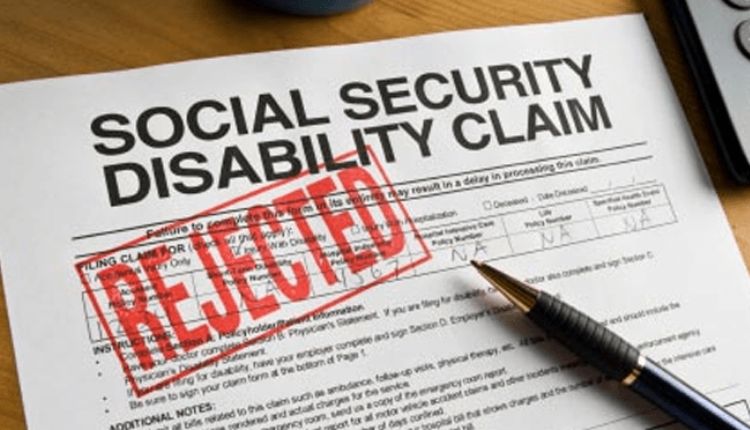In the Bronx, where long hours, physical labor, and demanding city jobs are a way of life for many residents, a sudden disability can turn everything upside down. For those unable to work due to a serious medical condition, Social Security Disability benefits can offer critical financial relief. But navigating the Social Security system is rarely straightforward, especially when bills are piling up and medical care is ongoing. In communities across the Bronx, residents face unique challenges when applying for benefits, and delays or denials are unfortunately common.
Understanding what can go wrong during the application process is the first step toward protecting your claim. From missing paperwork and outdated medical records to income issues and simple clerical errors, even small missteps can cause serious setbacks. Consulting with a Social Security Disability lawyer in the Bronx can help avoid these pitfalls and give your claim the strongest possible foundation right from the start.
Incomplete or Inaccurate Applications
A common cause of delays is providing incomplete or incorrect applications. Before submitting an application, make sure to check it carefully to make sure that everything is correct and nothing is missing.
Lack of Sufficient Medical Evidence
Medical records are an important part of getting your SSD claim approved. To determine the severity and impact of a medical condition, the Social Security Administration (SSA) requires substantial evidence. If you do not maintain detailed medical records or have failed to take new information into account, your application may be denied. Medical documentation must be up to date and thorough, as this will help prove the claim.
Failure to Follow Prescribed Treatment
Claims can suffer if an applicant fails to take prescribed medicine without a valid reason for that failure. If the prescribed treatment is not adhered to, the SSA may believe that your symptoms are less dire than you claim. Thus, you must communicate with your healthcare providers and follow their guidance.
Income above the Substantial Gainful Activity Threshold
To be eligible, applicants must demonstrate that their disability keeps them from performing substantial gainful activity (SGA). If your earnings exceed the SGA limit, your claim may be denied. The SSA has specific income amounts that cannot be exceeded; otherwise, the income may imply that you could potentially work through the disability.
Non-Qualifying Medical Conditions
Not all medical conditions qualify for disability benefits under SSA standards. The agency also has a list of disabilities that qualify for benefits automatically. If a medical condition does not appear on this list, you will need to provide supplementary documentation showing that the condition is disabling. Knowing what conditions are eligible will help you present a stronger case.
Not Working With the SSA
Working with the SSA is an absolute must during the application process. That includes keeping your appointments, complying with requests for information, and attending physical or medical examinations scheduled by the SSA. This allows the SSA to evaluate the claim effectively. Lack of cooperation leads to delays or outright denials.
Previous Denials Without New Evidence
Unless there is a substantial change in evidence, reapplying after the denial of a previous application may not be a good idea. The SSA does not reconsider a claim unless there is new and material information. If you apply again without addressing the previous issues or you provide the same documents, you will likely receive the same result.
Misrepresentation of Information
It is important to be truthful when applying for benefits. Providing false information can lead to denial. The SSA reviews and verifies all information you submit to ensure the application is accurate.
Inadequate Legal Representation
Legal representation is not a necessity but can be beneficial. An attorney can guide you through the claims process and make sure you include all paperwork correctly. Without guidance, it is all too easy to miss an important piece of information or misinterpret requirements, which can be detrimental to the claim.
Appealing a Denied Claim
Applicants are entitled to appeal if a claim is denied. There are various steps involved in the appeals process, namely, reconsideration, hearings, and subsequent examination. It’s imperative to understand these steps and be prepared for each stage. You should provide more evidence and be as clear as possible on why you believe the decision should be overturned.
Conclusion
Most cases of Social Security Disability claims begin with a difficult application process that requires careful attention to detail. Awareness of these common pitfalls can help applicants steer clear and prevent lengthy delays or denials. Completing applications correctly, offering adequate medical evidence, and cooperating with the SSA increases the chances of applicants receiving the benefits they need.






